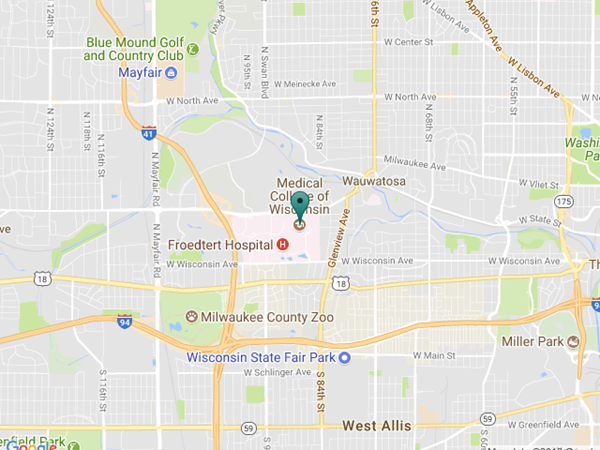Medical College of Wisconsin Emergency Medicine Residency Program
Thank you for your interest in the MCW Emergency Medicine Residency. The Emergency Medicine Residency is a three-year program and is fully accredited by the Accreditation Council for Graduate Medical Education (ACGME).
We train outstanding emergency physicians.
Residents who train in our program will:
- Gain in-depth clinical expertise to become exceptional emergency physicians
- Develop vital leadership and administrative skills for today’s dynamic healthcare landscape
- Train to become effective medical educators and committed lifelong learners
- Build a strong foundation in emergency medicine research and prehospital care for critically ill and injured patients
- Join a program dedicated to shaping the next generation of emergency medicine leaders
What Makes Us Special
At MCW Emergency Medicine, our residency program blends rigorous clinical training with a strong sense of community. From high-acuity cases to hands-on mentorship, our residents grow into confident, compassionate emergency physicians while forming lifelong bonds with resident and faculty colleagues. Explore these highlights to see what makes our program truly exceptional.
Interviewing for Residency
We accept applications exclusively through ResidencyCAS. We offer twelve EM1 positions each year. Applications submitted by fax, mail, or email will not be considered. Please note that the Medical College of Wisconsin Affiliated Hospitals (MCWAH) does not sponsor visas, and international medical graduates must have graduated within the past three years to be eligible.
Why become a resident at MCW?
Reasons to live in Milwaukee
Contact Us
For more information contact us at emeducation@mcw.edu
Froedtert & The Medical College of Wisconsin
Department of Emergency Medicine
8701 Watertown Plank Rd.
Milwaukee, WI 53226
(414) 955-6450
Kathleen S. Williams, MD
Program Director
kswilliams@mcw.edu
Sam Corbo, MD
Assistant Program Director
scorbo@mcw.edu
Will Schaeffer, DO
Assistant Program Director
wschaeffer@mcw.edu
Joshua Timpe, MD
Assistant Program Director
jtimpe@mcw.edu


